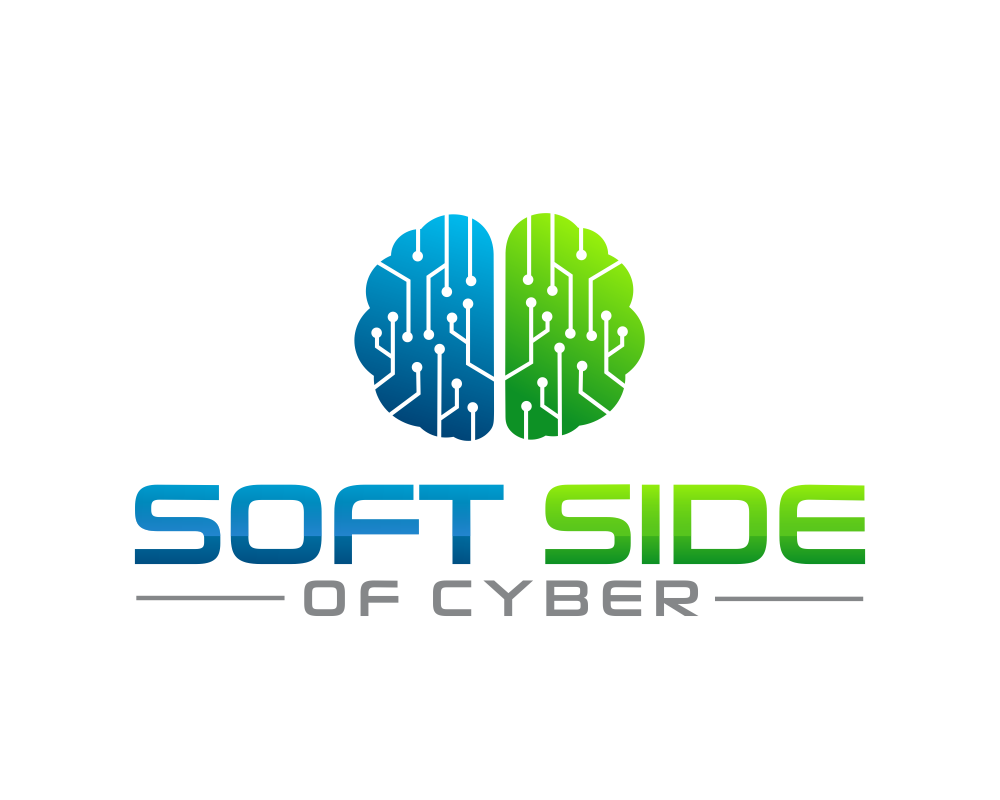
Part 2 - The Value of Equity in Cybersecurity Teams
Do you consider the team and environment in which you work to be fair?
Fairness is the core of what it means to be equitable over equal. Things can be equal without being fair for everyone involved. In this article, I want to unpack this question and provide leaders and managers within the cybersecurity field with some actionable advice on how to promote equity within their teams. If you haven't checked out part 1 of this series on DEI, you can read that here.
The Value we get from Equity
The simple question at the very start of this article is at the core of building equity in a team.
Gallup defines equity as "fair treatment, access, and advancement for each person in an organization."
Equity in cybersecurity teams is vital for creating strong, resilient, and innovative defenses against cyber threats. Before we discuss how to promote equity, I want to explore the value we all get from it. This section will discuss the benefits of diversity and inclusion in these teams and explain how promoting equity can lead to higher employee satisfaction and retention.
Benefits of Diversity and Inclusion
Diversity and inclusion benefit not just certain classes or subsets of people but the entire team. This is one of the common tropes brought up in the argument against further diversity, that organizations are over-correcting or simply checking boxes or that good people are missing out on opportunities because they're not considered "diverse." I want to challenge this head-on because we all go through the workday with our baggage, cognitive biases, and experiences to form our opinions and approaches to problems. A diverse team around you lays the groundwork for benefits such as:
- Increased creativity and innovation: Diverse teams bring together a wealth of unique experiences, ideas, and perspectives. This blend of varied backgrounds fosters an environment ripe for creative problem-solving and innovative thinking, essential when dealing with a field that always changes beneath our feet and all around us.
- Broader perspectives and experiences: A diverse team is more likely to have a broader and richer set of skills that can be leveraged alongside of creative ideas to explore, experiment, and tackle problems in unique ways. As the saying goes, to a hammer, everything looks like a nail. We don't need or want a team of hammers; we need a range of tools that are good at different things to produce the best work.
- Enhanced problem-solving skills: Research has shown that diverse teams are more effective and efficient at problem-solving than homogenous ones. When unique perspectives look at the situation together, problems can be broken down and approached from multiple angles. Neurodiversity came up in my research on this topic, typically associated with the range of cognitive or developmental conditions or states within a team (e.g., ADHD, autism spectrum disorder, etc.).
Equity and Belonging
Building on this foundation now with a diverse team in mind, equity plays a big role in employee satisfaction and retention. This is particularly relevant in a tumultuous and competitive job market in which cybersecurity is. Hiring new team members is expensive in terms of money, time, the focus of the team supporting the hiring, and the time it takes to onboard that person properly. Leaders who invest in the team they have in place are adding tremendous value back to their organizations in terms of focused resources.
Here are some of the specific ways that equity within a team positively correlates to value and benefit:
- Reduced turnover: When good people leave your organization, it hurts, they take with their context and key knowledge about how things worked, and they take relationships. Good leaders should invest in people before they decide to leave. This will reduce the team's costs, improve the focus, and keep the context and shared understanding within the team high.
- Improved morale and productivity: An equitable work environment promotes a sense of belonging among team members, resulting in higher morale and increased productivity. Employees who feel valued and included are more likely to be engaged in their work and contribute their best efforts to the team's objectives.
- Enhanced reputation and talent attraction: This goes back to the above points about building diverse teams. When equity exists across your team, it's more likely to attract those who desire to work in such an environment. People will be willing to recruit their friends or former colleagues because they trust they won't get burned. Circling back to the cost of hiring, this differentiator is huge in a competitive job market.
The next section will provide specific guidance for leaders to invest in a more equitable team environment.
Fostering Equity as a Leader
If you want a strong culture, as a leader, you have to be intentional about it. I've written about the pillars of a strong cybersecurity culture before, but this is more about the people, not the mechanics of your engagement with the rest of the organization. This section will outline some actionable steps that every leader should consider incorporating into their action plan.
Promote a Culture of Inclusivity
People cannot be an effective part of a team if they don't feel included. Leaders can't fix everything here, but they can set the tone and help reinforce the outcomes they hope to see.
- Active listening and open communication: Encourage open dialogue among team members, and create a safe space where everyone feels comfortable sharing their thoughts and ideas. When you're in meetings, practice active listening and demonstrate that you value diverse perspectives. Be careful to not exercise position power and diminish ideas that differ from your own.
- Encouraging diverse viewpoints and participation: Each person on a team should have equal opportunities to contribute to discussions and decisions being made. One of my favorite all-time tips to help in a meeting is "Everyone speaks once before anyone speaks twice." Give it a try in your next meeting! As a leader, you may also have to step in and help encourage quieter members or those that have historically been conversationally bullied into safely sharing their ideas.
- Addressing and preventing microaggressions: Microaggressions are subtle, often unintentional, actions or comments that can contribute to a hostile work environment for marginalized individuals. Educate your team about what these are and the potential impact on others. Encourage people to speak up if they witness or experience microaggressions and address any issues promptly and fairly.
Invest in Equitable HR Practices
The systems and processes in people management have enormous influence over how things work within an organization. If you want a more equitable culture, take some time to evaluate and improve the various HR processes that surround your team.
- Remove the bias from your hiring processes: Review your team or potentially even your organization's hiring practices to ensure they are free of bias and promote diversity. This may involve using blind recruitment methods, implementing diverse interview panels, and standardizing interview questions.
- Fair and transparent advancement opportunities: Establish clear and consistently applied promotion criteria and ensure all team members can access opportunities for advancement (e.g., training, coaching, etc.). Being transparent will help reduce the risk of possible favoritism and ensure that those who perform well are recognized and rewarded, regardless of their background.
- Ongoing training and professional development: People on your team should have the chance to grow and develop professionally. This might look like supporting conferences, training, or workforce rotation opportunities.
Build Mentorship and Employee Growth Programs
Sometimes training on your own is not enough. Mentorship can help more junior team members chart their future, work through conflicts, and contextualize things more effectively.
- Pairing employees with experienced mentors: Implement a mentorship program that pairs junior team members with more experienced colleagues. These relationships can provide valuable guidance and support, helping newer employees build their skills, confidence, and professional networks. If you have the ability to incorporate this into senior team members' performance plans, you may want to consider it.
- Providing opportunities for career advancement: Dedicated sponsorship programs can help identify and promote high-potential employees from diverse backgrounds. Advocate for your team members and help them secure opportunities for career growth, such as challenging projects, promotions, or leadership roles.
- Encouraging networking and collaboration: Foster a collaborative culture by encouraging team members to network and share knowledge within and outside the organization. This can help individuals develop new skills, expand their professional networks, and increase their visibility within the cybersecurity field. One thing I've found helpful here is to bring guest speakers in periodically to kickstart conversations with a new perspective.
Concluding Thoughts
Promoting equity and inclusion in cybersecurity teams is essential for building strong, resilient, and innovative teams that can defend against the threats we face. Diverse teams offer numerous advantages, from increased creativity and innovation to improved employee satisfaction and retention. As a leader, fostering a culture of inclusivity, implementing equitable recruitment and promotion practices, and establishing mentorship and sponsorship programs is crucial.


